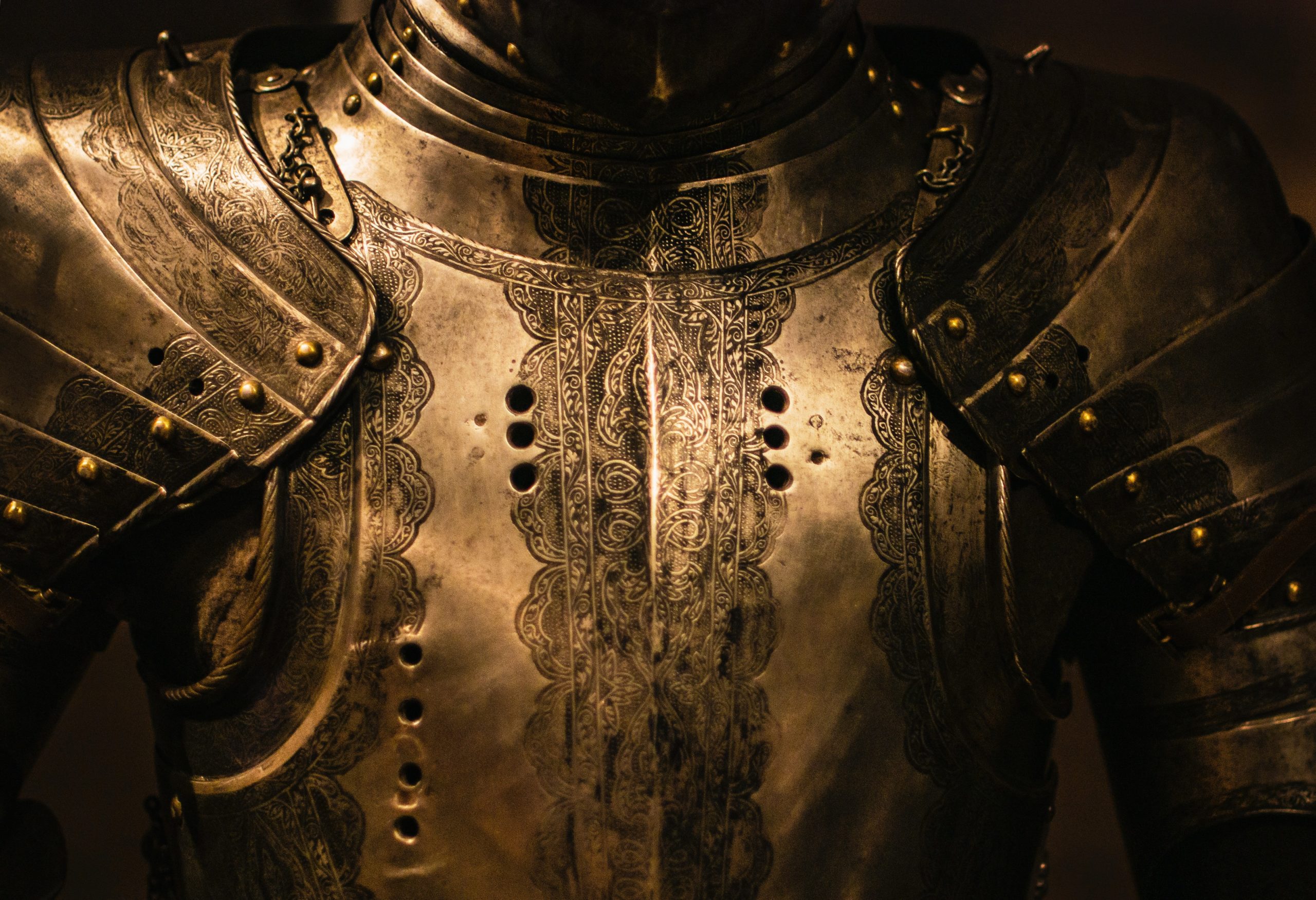

Several days ago I finished the newly released biography, Timothy Keller: His Spiritual and Intellectual Formation. It is a wonderful read.
This morning I had the opportunity to have coffee with the author, Collin Hansen. I told him that it seems one of the most striking features in Keller’s life is his humility. He agreed and said that Keller is humble and quiet is also very bold. I told him of an old sermon I remembered that Keller had delivered many years ago. In the sermon he says:
“The humble are kind and gentle, but also brave and fearless. If you are to be humble, you cannot have one without the other.”
I am reminded of a wonderful essay by C.S. Lewis titled, “The Necessity of Chivalry.”
Lewis points out how in medieval times, the ideal hero was both humble and kind, yet bold and strong. He references Sir Thomas Malory’s book, Le Morte d’Arthur, the legendary account of King Arthur and the Knights of the Round Table. In the story, Sir Ector, who raised Lancelot as his son, describes him saying,
Thou were the meekest man that ever ate in the hall among ladies; and thou were the sternest knight to thy mortal foe that ever put spear in the rest.
Lewis recognized strong dynamic people have this paradoxical blend of being humble and kind, yet brave and fearless. He saw that the medieval ideal required this “double demand” from a knight. In the essay he says:
The knight is a man of blood and iron, a man familiar with the sight of smashed faces and the ragged stumps of lopped-off limbs; he is also a demure, almost a maiden-like, guest in hall, a gentle, modest, unobtrusive man.
Lewis says the chivalrous knight has a duality of character in that he is fierce to the nth degree but is meek and humble as well. He believed that the medieval ideal brought these two qualities together even though they “have no natural tendency to gravitate towards one another.”
Lewis is right, most modern people greatly desire to be thought of as strong and courageous. To be considered kind and gentle is of little or no importance, particularly to those in the marketplace.
Lewis recognized that the medieval ideal taught humility and restraint to a valiant knight because everyone knew from experience that he needed it. He realized if it is not possible to produce men who combine the two sides of Lancelot’s character, it would not be possible to produce a society with any lasting dignity or happiness.
This reveals the importance and power found in true humility.
Watch the discussion of Tim Keller’s biography, Timothy Keller: His Spiritual and Intellectual Formation with author Collin Hansen and Richard E Simmons III.
Add grace and understanding to your day with words from Richard E. Simmons III in your inbox. Sign-up for weekly email with the latest blog post, podcast, and quote.

For local orders in the Birmingham, AL area, enter Promo Code LOCAL at checkout to save shipping. We will email you when your order is ready for pickup.
Bulk discounts for 25 or more books! Call 205-789-3471 for prices.